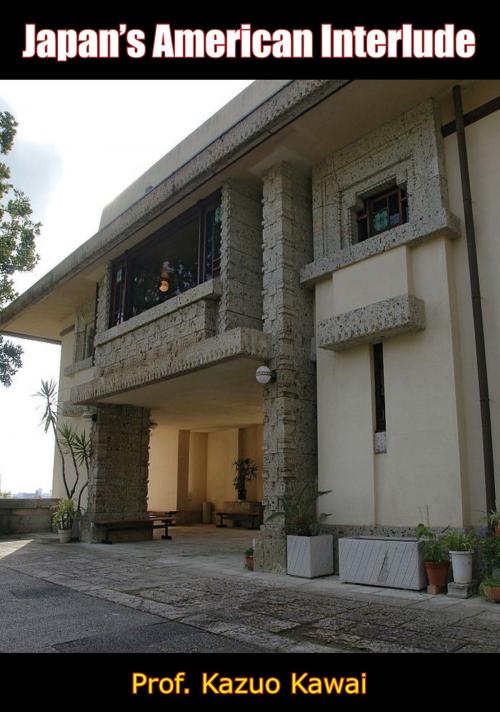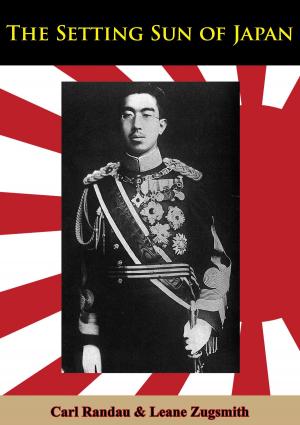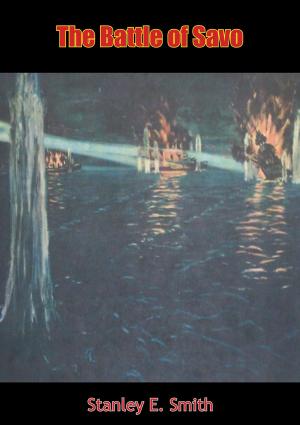| Author: | Prof. Kazuo Kawai | ISBN: | 9781787209220 |
| Publisher: | Eschenburg Press | Publication: | January 12, 2017 |
| Imprint: | Eschenburg Press | Language: | English |
| Author: | Prof. Kazuo Kawai |
| ISBN: | 9781787209220 |
| Publisher: | Eschenburg Press |
| Publication: | January 12, 2017 |
| Imprint: | Eschenburg Press |
| Language: | English |
How did the Japanese themselves respond to the American occupation? How were the sweeping reforms—political, social, and economic—of SCAP’s program received? How permanent was their effect, and why did some succeed and others fail completely? How successful in the long view was the democratization induced by MacArthur’s “artificial revolution”? And what tendencies existing in fundamental Japanese attitudes and history might account for this peculiar success?
Kazuo Kawai, Japanese-born and educated in America, a political scientist and journalist, brings his unique experience and knowledge to bear on these questions. The result is a book which tells the story of the American occupation of Japan from the Japanese point of view.
“This book deals with the American interlude in the history of Japan during which time that country was not only occupied by American troops and politically controlled by American officials but was subjected to almost every conceivable variety of American influence. It does not attempt to tell the story of the Occupation itself, for that story has already been told many times by Americans who, as participants or close observers, were in a position to tell it well. Instead, this work deals only with selected controversial aspects of the Japanese reaction to American influence during the Occupation period.”—Kazuo Kawai, Preface
How did the Japanese themselves respond to the American occupation? How were the sweeping reforms—political, social, and economic—of SCAP’s program received? How permanent was their effect, and why did some succeed and others fail completely? How successful in the long view was the democratization induced by MacArthur’s “artificial revolution”? And what tendencies existing in fundamental Japanese attitudes and history might account for this peculiar success?
Kazuo Kawai, Japanese-born and educated in America, a political scientist and journalist, brings his unique experience and knowledge to bear on these questions. The result is a book which tells the story of the American occupation of Japan from the Japanese point of view.
“This book deals with the American interlude in the history of Japan during which time that country was not only occupied by American troops and politically controlled by American officials but was subjected to almost every conceivable variety of American influence. It does not attempt to tell the story of the Occupation itself, for that story has already been told many times by Americans who, as participants or close observers, were in a position to tell it well. Instead, this work deals only with selected controversial aspects of the Japanese reaction to American influence during the Occupation period.”—Kazuo Kawai, Preface















